Every fifth word written on a smartphone is misspelled, according to a study by Cambridge University and ETH Zurich. Typewise addresses this problem through unique interface and AI algorithms, reducing typos by 72%. Unlike Google Keyboard, Swiftkey and others, Typewise runs completely offline thus safeguarding user privacy.
The smartphone keyboard is today’s most important human-machine interface, used 76 times per day on average across all kinds of apps. However, 70% of users are dissatisfied with many typos on their smartphones with the Cambridge/ETH study finding in a sample of 37,000 people, 1 out of 5 words contained typos. This is why over 1 billion people have installed third-party keyboard apps that promise to make typing easier. The caveat: these apps require the permission to transmit everything the user types on their phones to the developer. Consequently, 77% of users are concerned that their keyboard records everything they type.
72% fewer typos
Typewise solves this problem. Thanks to the revolutionary, patented hexagon layout, the keys are much wider and easier to hit. Typewise learns where the user exactly hits the keys and adapts itself automatically. This reduces typos and frustrating mistyped moments by 72%. Users who are not ready to deal with the learning curve can simply select the traditional layout and learn the new keyboard layout over time.
More comfortable
Typewise has been completely redesigned to provide an optimal typing experience on the smartphone. The layout was optimised for typing with two thumbs, because, according to the Cambridge/ETH study, 74% of users write this way and achieve the highest typing speed. Two space buttons placed in the middle of the keyboard allow these most frequently used keys to be reached as easily as possible. Typewise integrates new possibilities of touchscreens like swipe gestures. Unlike other keyboards such as Apple’s Quickpath, Typewise uses swipe gestures for capitalisation and deletion, because swipe-to-type is significantly slower than actual typing, according to Cambridge/ETH. A swipe up on one letter capitalises it. By swiping to the left, text is deleted quickly and precisely. Deleted too much? No problem, by swiping to the right, deleted text can be restored just as easily.
Offline AI for full privacy
Typewise also analyses where individual keys are pressed to provide the best possible auto correction without wrong corrections. A new neural network suggests suitable words to the user and even learns their own slang or dialect. In contrast to other keyboards, this AI runs completely offline and guarantees user privacy 100%. Typewise does not need “Full Access” or other dubious permissions such as the precise GPS location or the user’s browser history, in contrast to Google Keyboard, Swiftkey & Co. Other keyboard apps have lost personal records of millions of users. Some of these apps have even been removed from the App Stores.
Multi-lingual typing
To enable our increasingly global lifestyle, users can type in multiple languages simultaneously. Typewise recognises which language the user is currently typing in, and adjusts text predictions accordingly. Typewise currently supports over 40 languages. The AI speaks English, German, French, Italian and Spanish. More languages are being added continuously.
Who invented it?
Typewise was founded by two Swiss guys Janis Berneker and David Eberle who met at the age of 14 in high school and have always been two makers with an interest in the latest technology. In their later professions as Data Scientist (Janis) and Management Consultant (David) they both found themselves writing a lot on their smartphones, and were both annoyed by the bad usability. The idea to develop an innovative keyboard for smartphones matured over time. One evening Janis had a flash of inspiration and within a few hours a concept was developed and in David’s mailbox. With David’s early morning answer “Let’s do it!” the project began. As a technology enthusiast, Janis devoted himself to product development and David took care of the market strategy. The next step was the validation of a prototype called “WRIO Keyboard” on the crowdfunding platform Kickstarter, where they exceeded the funding target by 50%. This validated the theory that their solution would be useful to others and that there was a viable business model.
Pricing
Typewise is available for free (iOS & Android). Since Typewise don’t display ads nor sell user data, they finance further development through a PRO version. Premium functions (such as the ability to type in multiple languages simultaneously, being able to select from more word predictions, choosing from more themes, getting access to advanced settings) are available through an in-app subscription ($9.49/year or $1.99/month) or as lifetime purchase ($24.99).

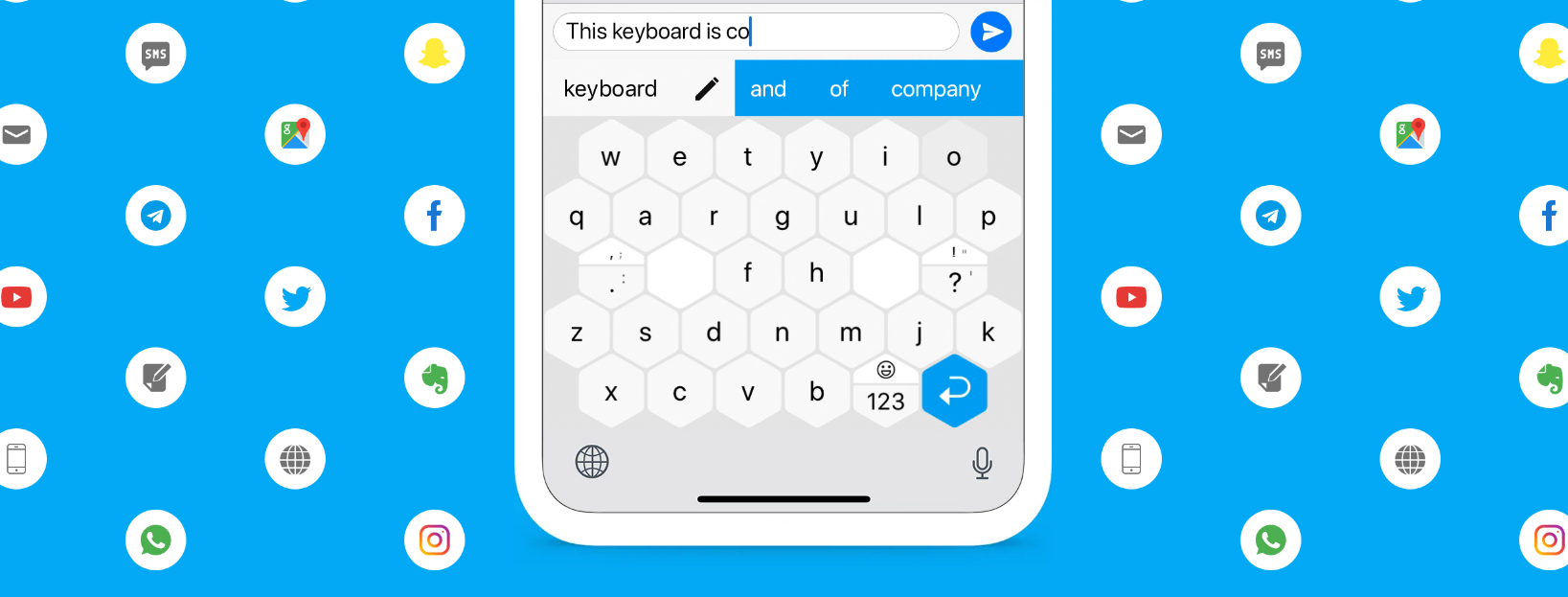

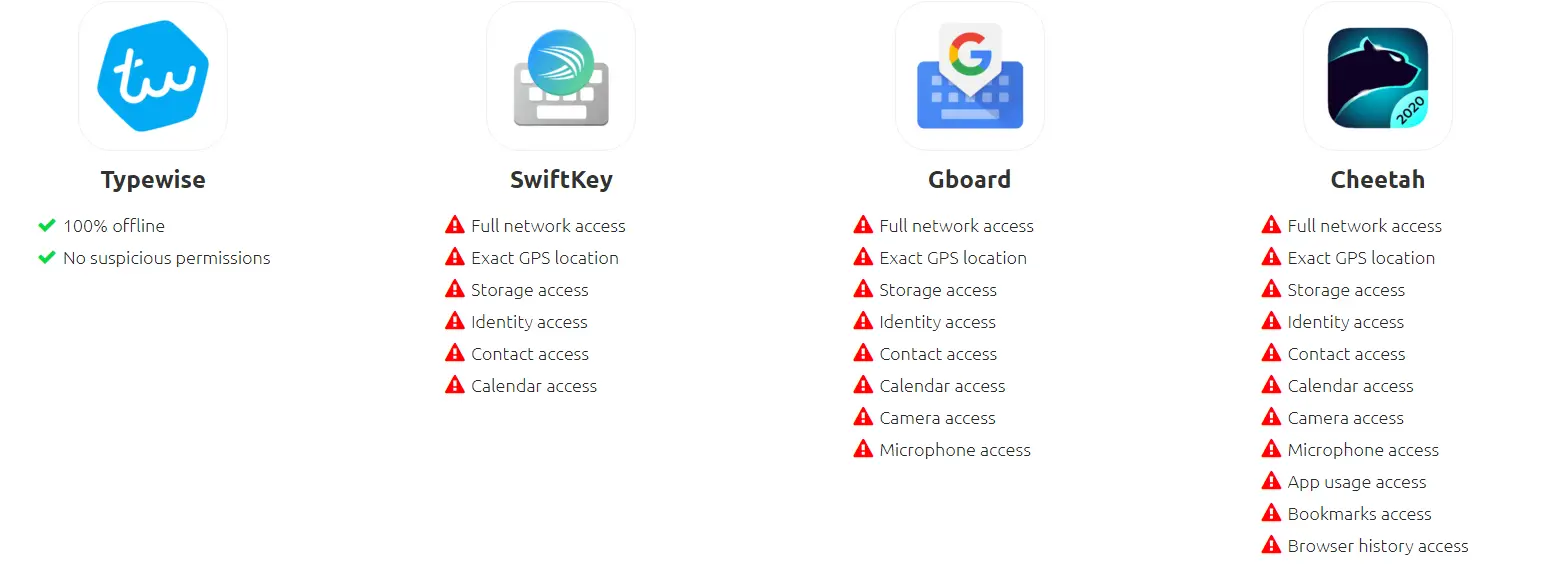
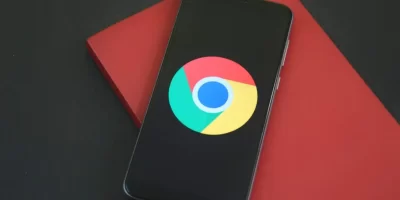
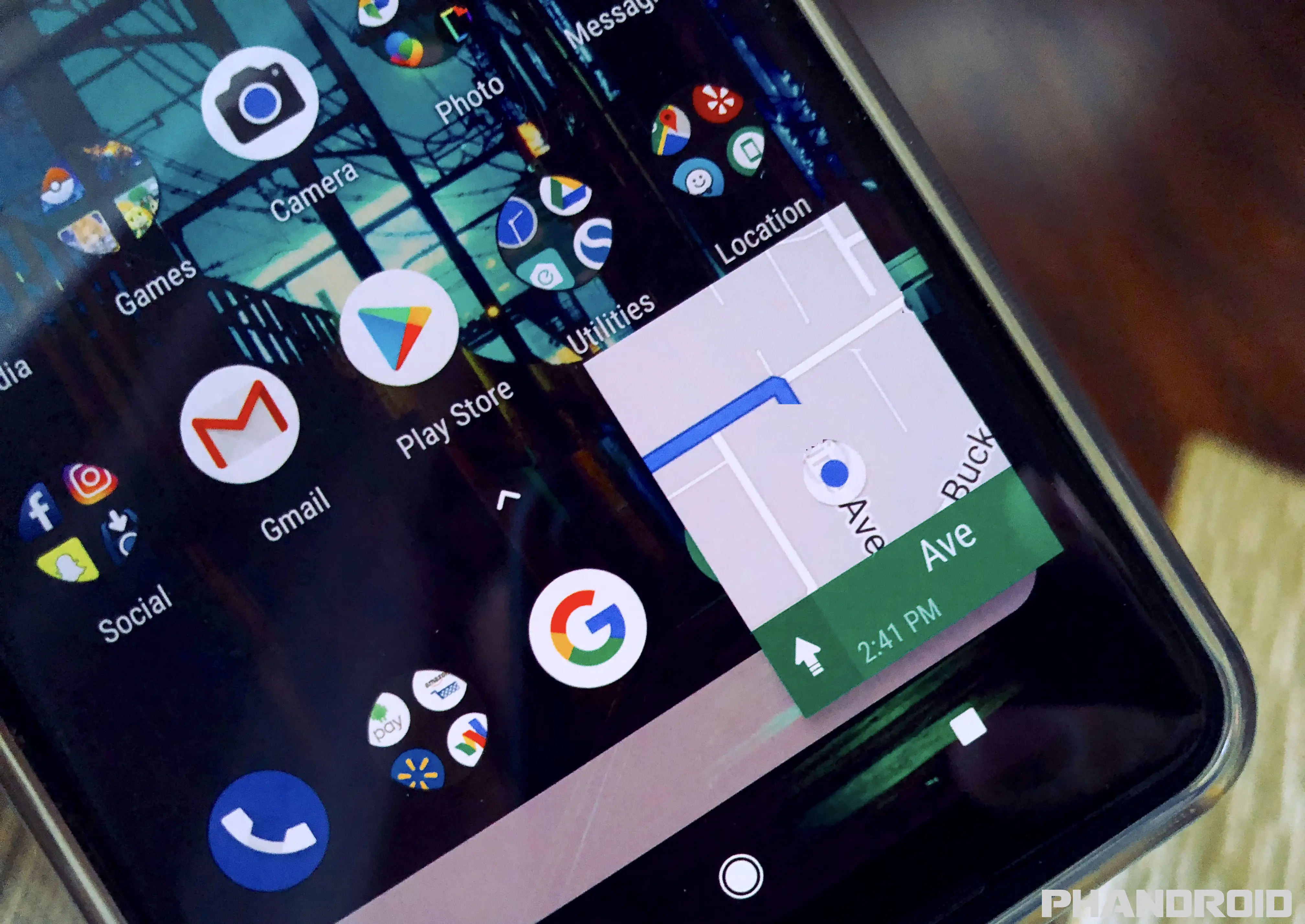

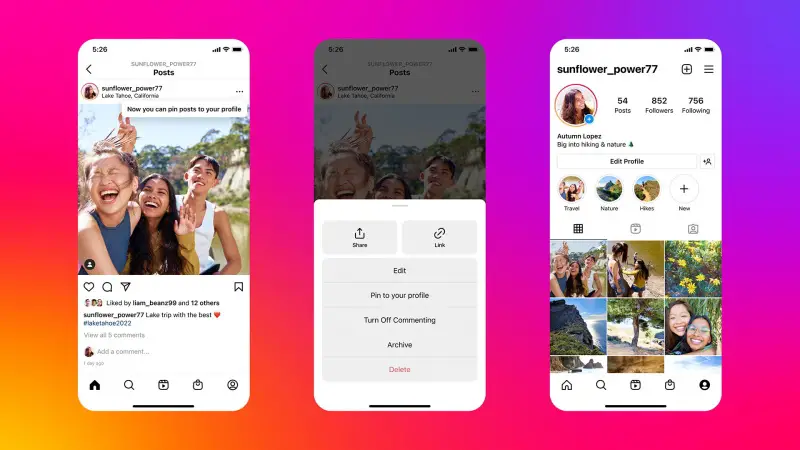



Comments